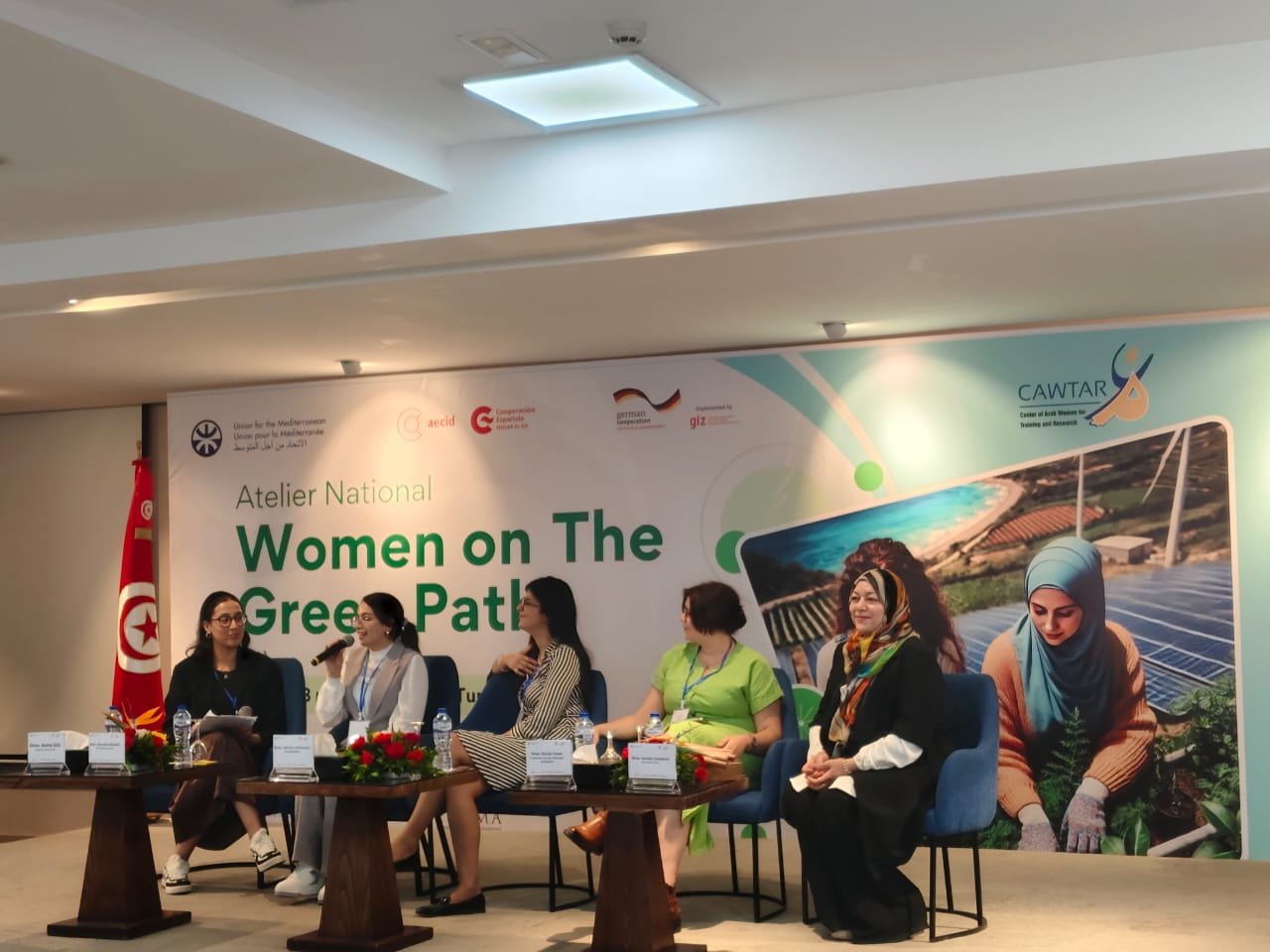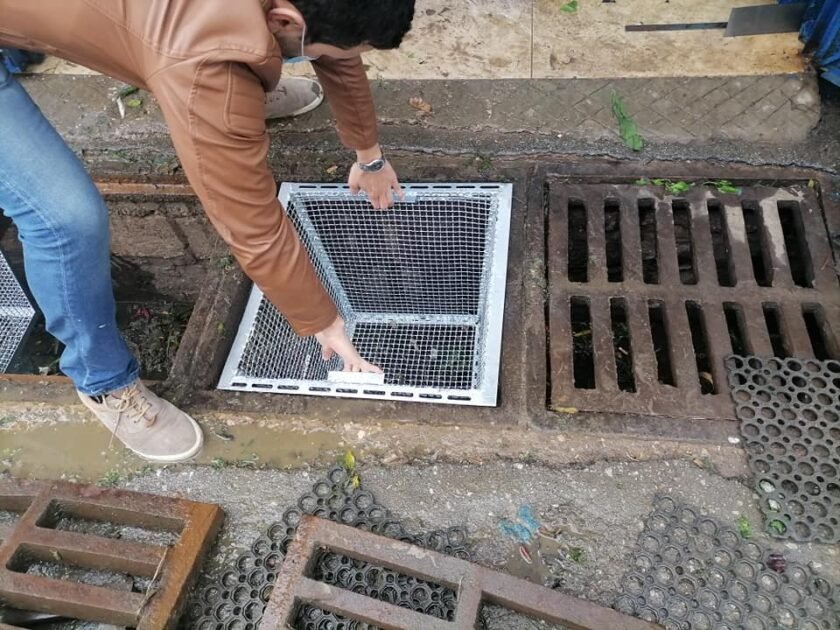A multilateral workshop on the formulation and development of recommendations aimed at empowering women and enhancing their opportunities for employment and entrepreneurship in the circular and green economy was organized on Thursday in Tunis.
The workshop was organized within the framework of the regional project “Women on the Green Path”, which includes, in addition to Tunisia, Morocco and Jordan, and is funded by the Union for the Mediterranean, and implemented by the Arab Women’s Center for Training and Research “Kawthar” in partnership with the Moroccan Network for Solidarity Economy and the “Edama” Foundation in Jordan.
This project, which is being implemented according to three main activities: capacity building and technical support, advocacy, and assessment of national situations (Morocco organized its seminar, Tunisia through the current workshop; Jordan on May 13), extends from June 19, 2024 to July 31, 2025, after holding a multilateral regional conference in Morocco on June 19 and 20 to present the final recommendation papers to decision makers and policy makers in the three countries concerned to develop the program and strategies that will enable women to work and lead in the circular and green economy.
The project, which has a total budget of 375,000 euros, 75,000 of which were made available to the partners, targeted 60 women active in the field of green circular economy (20 from each country) and 45 business support organizations (15 from each country) that act as catalysts for the ecosystem of a gender-based circular green economy, said Hadi Bachir, project coordinator at the Cawthar Center. It also includes three national multilateral policy seminars that precede the regional conference.
He explained that during this period, the beneficiaries received financial and technical support and a certificate of recognition as a model of success and competence in terms of work and entrepreneurship in the circular and green economy field.
As for the recommendations of the Tunis workshop, Bachir emphasized that they focus on the need to accelerate the implementation of the recommendations, taking into account the specificity of women working in the field, providing fiscal facilities and facilitating women’s access to direct financing, as well as developing mechanisms to enable women to access markets, especially the use of modern technology in online shopping.
TunisianMonitorOnline (Dhouha Talik – English: NejiMed)




